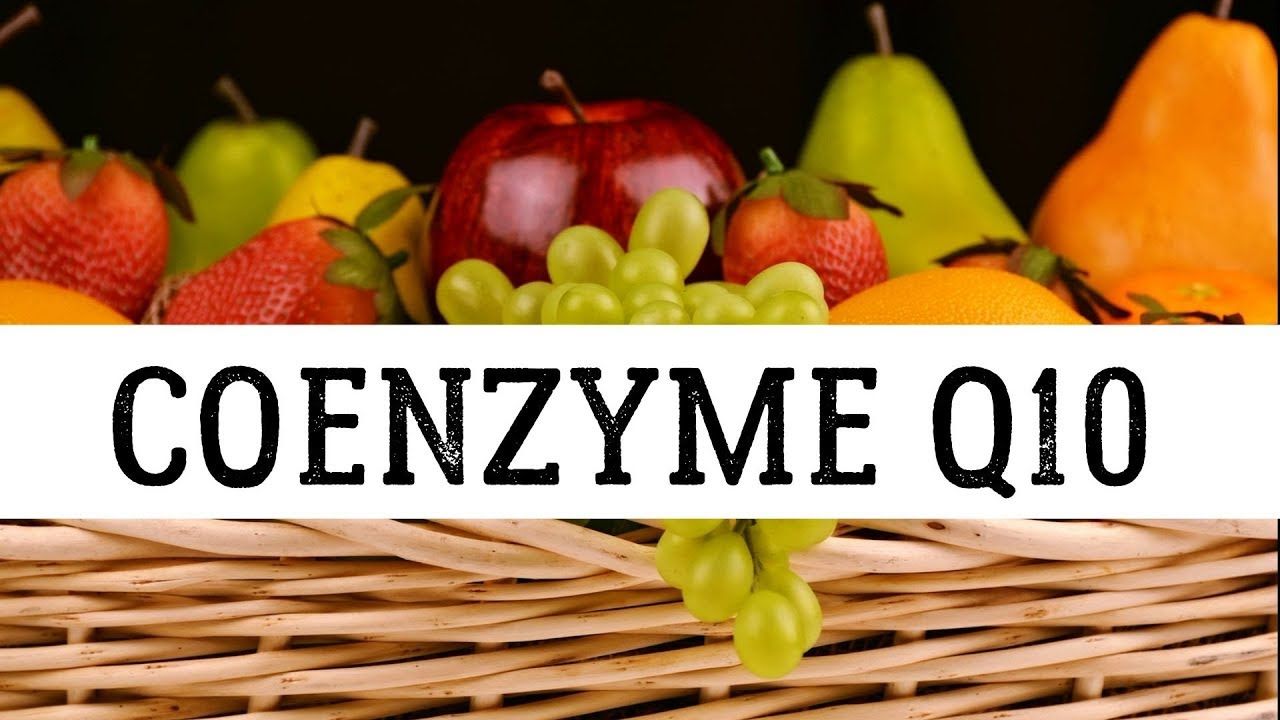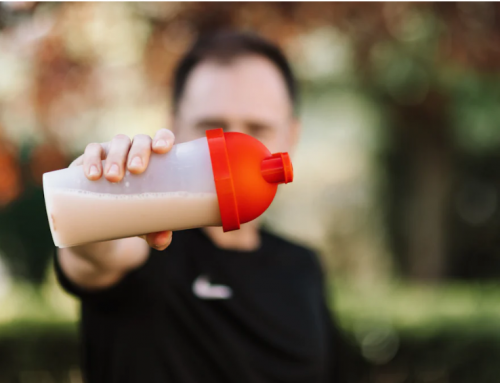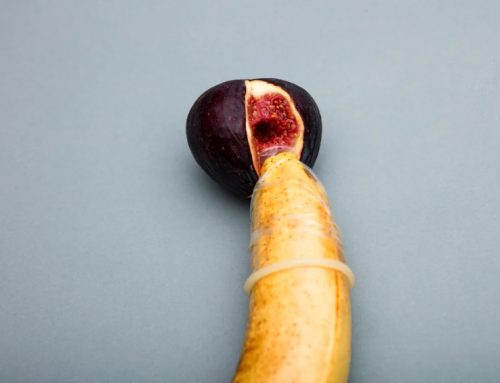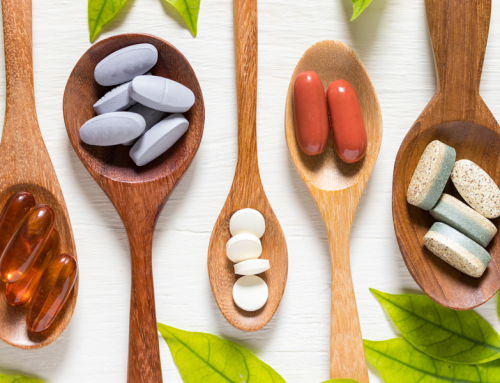What Is coenzyme Q10 (CoQ10)?
Coenzyme Q10 (CoQ10) is a substance that helps convert food into energy. CoQ10 is found in almost every cell in the body, and it is a powerful antioxidant. CoQ10 acts as an antioxidant, which protects cells from damage and plays an important part in your metabolism.
CoQ10 is also in many foods you eat.
While you can easily consume CoQ10 as a supplement, it can also be found in some foods.
The following foods contain CoQ10Trusted Source:
Organ meats: heart, liver, and kidney
Some muscle meats: pork, beef, and chicken
Fatty fish: trout, herring, mackerel, and sardines
Legumes: soybeans, lentils, and peanuts
Nuts and seeds: sesame seeds and pistachios
Oils: soybean and canola oil
In addition to the foods listed above, some types of fruits, vegetables, dairy products, and cereals also contain CoQ10, though in much lower amounts.
CoQ10 may help support the skin, brain, and lungs, as well as protect against chronic diseases like cancer or diabetes.
Coenzyme Q10 (CoQ10) is a compound that helps generate energy in your cells. With age, your body produces less of it, but you can also get it from supplements or food.
Low levels of CoQ10 may be associated with diseases like cancer, diabetes, as well as neurodegenerative disorders.
So What Are Some CoQ10 Benefits?
- CoQ10 may help decrease oxidative stress and enhance heart function, which could be beneficial for improving treatment outcomes in people with heart failure.
- CoQ10 may help prevent oxidative damage, which could help promote both female and male fertility.
- When applied topically, CoQ10 may protect against damage to the skin, which may help support healthy skin aging.
- Research shows that CoQ10 supplementation may be effective at reducing the frequency, duration, and severity of migraine headaches.
- CoQ10 may help improve exercise performance by supporting mitochondrial function, decreasing oxidative stress, and reducing fatigue.
- CoQ10 could help promote blood sugar control and prevent insulin resistance. It may also decrease oxidative stress and certain risk factors for heart disease in people with diabetes.
- CoQ10 could reduce oxidative stress, which may be involved in cancer development. Though more research is needed, some studies also show that low levels of CoQ10 could be linked to an increased risk of certain types of cancer.
- CoQ10 can protect against oxidative damage in the brain, which could potentially protect against cognitive decline. However, more studies in humans are needed.
- CoQ10 could reduce oxidative damage in the lungs, which may benefit respiratory conditions like asthma or COPD.
Additional uses
Coenzyme Q10 has also been utilized as an active ingredient in cosmeceuticals and as an inactive ingredient in sunscreen formulations. When applied topically in skincare products it demonstrates some ability to reduce oxidative stress in the skin,delay sign s of intrinsic skin aging, reverse signs of extrinsic skin aging, assist in fading dyspigmentation, increase stability of certain sunscreen actives, increase the SPF of sunscreens, and afford some infrared protection to sunscreens. Much of the research on the skin benefits of ubiquinone show that it works synergistically with other top ical antioxidants to improve the skin and cosmetic formulations.
SR Bio supplies CoQ10 raw material in powder form. CoQ10 powder is available as a supplement in several forms, including soft gel capsules, oral spray, hard shell capsules, and tablets. CoQ10 is also added to various cosmetics.







Leave A Comment